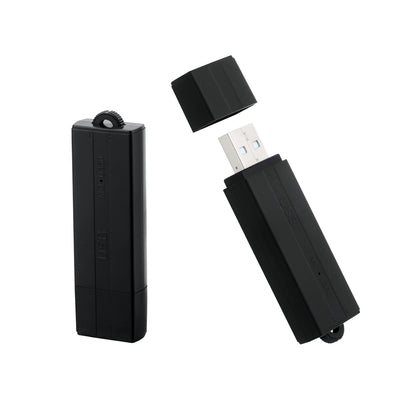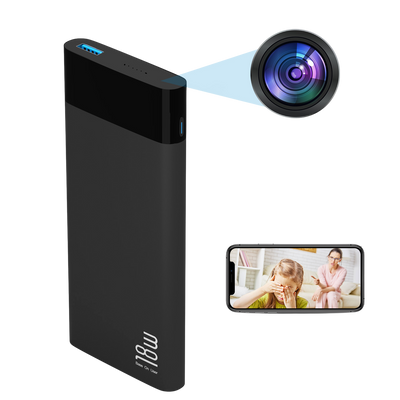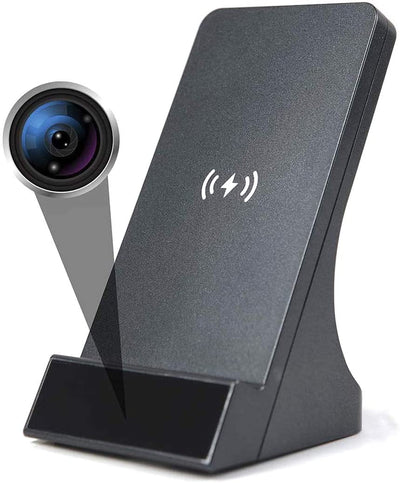GPS Tracking for Kids: How to Balance Safety with Independence
15th November 2019
There are many debates about whether GPS tracking devices are helpful or harmful for children.
If you’re a parent or career and felt the panic of losing a child – even for a moment, it’s easy to understand why families invest in location tracking.
But whilst losing track of a child is a terrifying prospect, there’s a fine line between the freedom to explore and grow, and safety.
The right GPS tracker can strike a balance between giving your child independence while preserving peace of mind. For the arrangement to work though, it’s important to involve them in the process.
Personal GPS trackers for children or teenagers aren’t intended to invade privacy. They’re an effective solution to protect family when used with everyone’s right to privacy and security in mind.
Considering purchasing one? Here’s how to balance safety with independence.
Benefits vs Cons
GPS trackers, although valuable for safety, can have fears of hindering a child’s development of freedom and “street smarts”. If parents are looking over their kid’s shoulder 24/7, can they develop a false sense of security? Or worse, rebel and act out because of limited privacy?
The key is balance.
Children and young teens have a right to privacy as much as anyone else. Keep a balance between independence vs tracking. This can be achieved through private spaces where kids are able to play and grow without constantly feeling watched, combined with GPS trackers for safety in certain circumstances only for example; heading to and from school or when driving to monitor driving behaviours.
It’s up to each family to determine the intent for a GPS tracker and whether it’s the right choice. Some benefits and risks to consider are:
Benefits
- May be used for supporting a safer community around child or teen in conjunction with teacher or caretaker
- Location information in case of an emergency, disappearance or possible abduction
- Peace of mind to allow child to travel without an adult
- Prevent accidents through safer driving
- Geo-fences (online areas you can create) for alerts if your child leaves a designated location
Cons
- Trackers can be disabled by abductor or person wearing
- Could limit independent behaviour and fail to encourage self-reliance, or create dependence for protection
- Teens may resist because of frequent monitoring
Why Use GPS Trackers for Children or Young Teens?
Some reasons parents use GPS trackers for children and teens are:
- Tracking driving concerns or behaviour such as speeding, car accidents and leaving designated areas
- Alerts if your child leaves school grounds or takes an irregular route home
- Encourages safer passages from home to school and other stops
- Safety concerns for children with autism or other conditions that may cause excessive wandering and confusion
- SOS buttons children can activate to notify you if they’re in trouble
- Track movement and alert when designated boundaries have been crossed
- If you lose sight of a young child or toddler in a crowded place
- Independence to go out without direct supervision
How to Communicate the Idea with Your Kids
GPS trackers are useful when it comes to child security, with information about their whereabouts, health status and more at the tip of your fingers.
However, it’s beneficial to communicate the idea with them to explain purpose and frequency. Children also need to be made aware than GPS technology is a safety aid, not a “superhero” to pull them out of trouble. They still need to be careful when out and about.
Despite cases for and against GPS trackers on kids, the technology benefits many families. Some devices are designed for parental use with children boasting features that meet specific needs. For example, emergency SOS features, two-way communication, do not disturb time settings, pinpoint GPS tracking and functional smartwatch options.
Covert monitoring may be possible (check local state and federal laws in your area first) but most parents find more success being open about tracking to explain its purpose. Data gathered from such devices should be used to help with responsibility and safety, whilst ensuring their security is your primary concern.
Interested in more information? Contact our team or follow our blog.
















